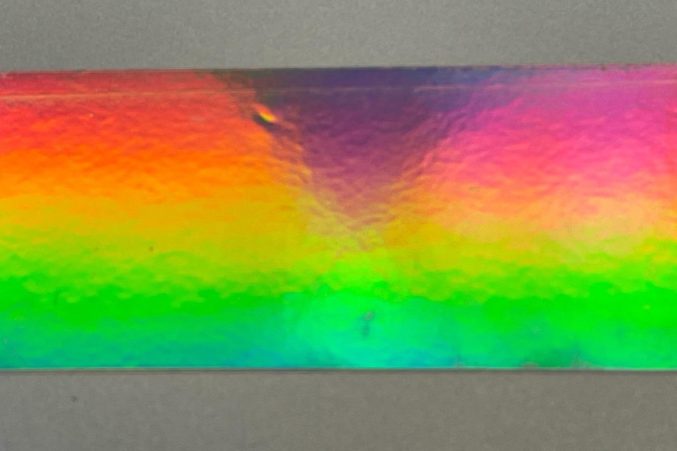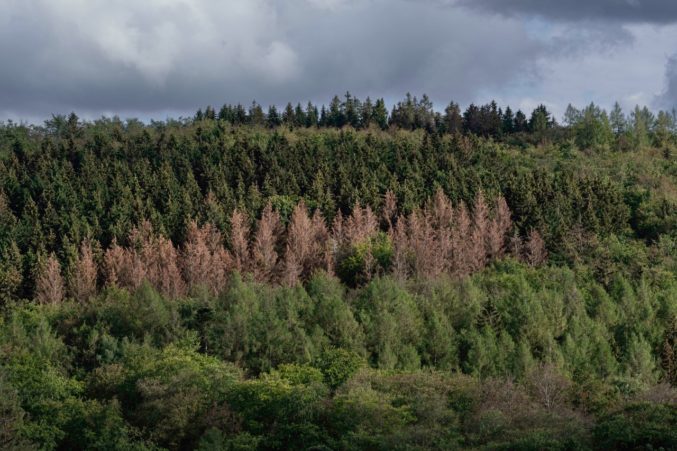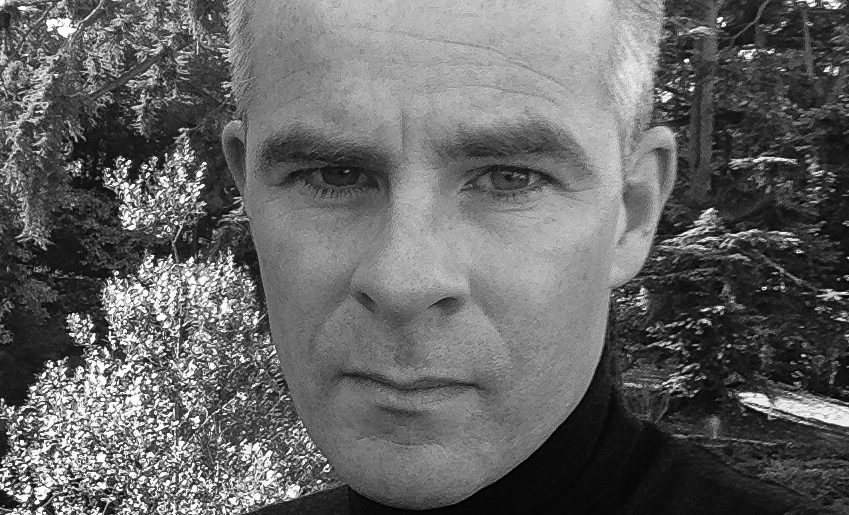Biography
David is curator of the series of performative conferences On Enclosed Spaces and the Great Outdoors (with Jeroen Peeters) in which they address this question: how are the arts (its questions, forms, research and discourses) challenged by climate change?
He is the initiator and editor of the book and then the doors opened again (Onomatopee) in which 75 authors depict their first theater visit after the COVID-19 lockdown of 2020.
David regularly collaborates with various artists and theorists and teaches at various academies for visual arts and performance. He regularly leads projects and mentors at various schools for visual and performing arts, including Das Graduate school, the Dutch Art Institute (DAI) and in the Performance department of KASK/School of Arts. David is a member of THIRD!, the third cycle research group of Das Graduate school (Amsterdam).
He is a doctoral artistic researcher at KASK & Conservatory / School of Arts. His research project (The sublime in the Anthropocene, the smallest degree of participation) is financed by the Arts Research Fund of the University of Ghent.
David Weber-Krebs’ work is produced by the Infinite Endings Foundation. The Infinite Endings Foundation is located in Amsterdam (NL) and is a Public Benefit Institution in the Netherlands. The board of Infinite Endings is formed by Job Rietvelt (chairman), Yasmina Boudia, Nienke Scholts, Jonas Rutgeerts and Maxime Czvek.
In residentie The Image
01.01.2023 – 01.01.2023

In The Order of Things, Michel Foucault introduces three ways in which we usually encounter a phenomenon: what we see, what others have observed and relayed, and what others imagine or naively believe. This great tripartite division of the observation, the document and the fable is used as an introduction to the performance. The audience is divided into three smaller groups in the foyer. They each go somewhere in the theater building or around the not yet accessible actual theater space. They are guided by one presenter. They receive a specific (and absolutely contrasting) introduction to what they will later collectively experience in the theater space.
In a second step, the audience gathers in the theater space. A process has already started here before they entered. It creates an ambivalent image. This image is a convulsion of numerous processes that mingle with each other to their ultimate consequence. It is a kind of aleph, “the place where all places in the universe, seen from all angles, are found without being confused” (José Luis Borges). But it is shown to the public too briefly. Too short to understand, too short to understand. Due to the different introductions they received, the spectators understood this image in a completely different way. The Image (working title) is a reflection on how the mediating device can influence the understanding of a theater piece.
In a third moment, I would like to find a form for the audience to think about what happened. It is the creation of an exchange forum in which new smaller groups are created. The aim is to create working groups that are involved in conversations by the three performers and carry the different testimonies.
In residentie Endgame Assembly
06.01.2025 – 17.01.2025

In Endgame Assembly (working title) spectators gather in the theatre in order to experience the end.
Endgame Assembly (working title) intends to critically engage and take a stance on prevailing discourses around ecology and identity. The discussions about climate change and mass extinction and the promise of the apocalypse they generate have been prominent in Western academic and artistic circles for at least two decades, permeating mainstream cultural productions. Examples include films as Melancholia (Lars von Trier, 2011), all the work of Roland Emmerich, and more recently the Netflix productions Dont Look Up (2021) and Leave the World Behind (2023). These narratives often emerge from relatively secure spaces, presenting a somewhat unified and romanticized vision of (future) endings. Other cultures denounce this privileged position and affirm that colonization and its aftermath have already constituted apocalyptic events for indigenous and colonized peoples. Reasons are the destruction of indigenous cultures, ecological degradation, inequalities and social injustices that represented a total devastation of their worlds. These voices emphasize that they are already living in a post-apocalyptic reality, denouncing the Western-centric narratives that may not fully capture the lived experiences of diverse communities.
Endgame Assembly (working title) starts from these different perspectives on the apocalypse. Rather than simply reconfirming this dichotomy, however, it attempts to reflect upon and produce new ways to bridge the gap and look for the possibility of a shared hope.


